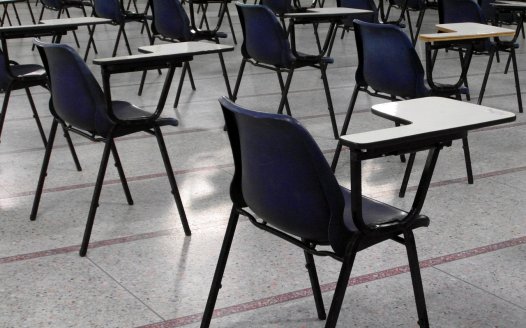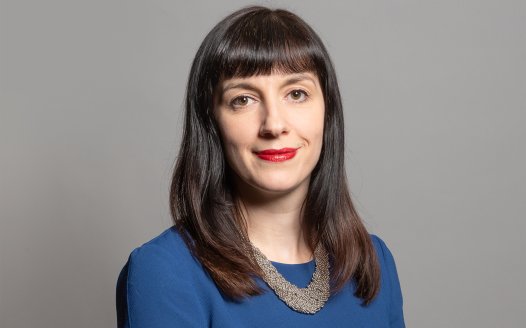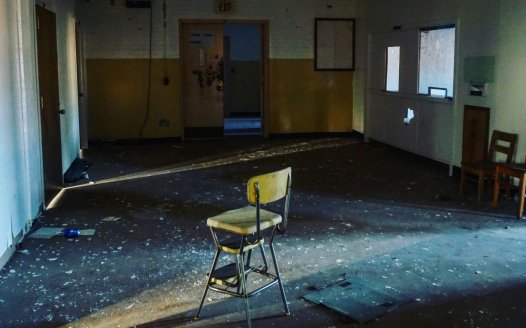NSS research: religion a factor in 50% of school management bans
Posted: Thu, 14th Sep 2023
NSS analysis finds prohibitions issued for running unregistered schools and promoting extremism.
Fifty per cent of individuals legally prohibited from running a school are banned for reasons relating to religion, the National Secular Society can reveal.
The NSS's analysis of Department for Education data found that 16 of the 32 individuals banned by the government from managing a school since 2015 were issued with prohibition orders for conduct that was faith related.
The Secretary of State for Education can issue a direction which prohibits or restricts an individual from managing or governing a school, if they are judged to be unsuitable.
Such directions generally follow a conviction for a 'relevant offence'. Due to the nature of such offences they are considered reasonable grounds to prohibit the individual from managing a school.
Non-criminal conduct can sometimes also be considered reasonable grounds for issuing a prohibition direction.
Unregistered schools
One of the most common reasons for a prohibition order was a conviction for running an unregistered faith school, being a factor in seven cases.
This included the case of Shahjan Hussain, who enrolled 28 children in full-time education whilst claiming to be running a tuition centre, in order to operate "under the radar".
Unregistered schools avoid registration to evade regulations and inspections. They are frequently religious and generally teach an extremely narrow, religion-based curriculum without oversight.
Due in part to the difficulty of gathering evidence, convictions for running unregistered faith schools are rare. In 2021, Ofsted said that the five successful prosecutions at the time represented "the tip of the iceberg".
Terrorism and threats to British values
Other conduct which led to prohibition directions being issued involved supporting terrorism or even, in one case, preparing terrorist acts.
Cases include that of Sophie Rahman, who was barred from school management in 2019 after she permitted the London Bridge terrorist attack ringleader Khuram Butt to teach after-school classes at an independent Islamic school where she was headteacher.
A report found that Rahman had not adequately supervised Butt's contact with the children. It is suspected that during the lessons he exposed pupils to extremist views.
Rahman had also attempted to mislead the authorities regarding Butt's involvement at the school.
Several individuals received prohibition orders for undermining British values.
This included Tahir Alam, who was one of the key figures investigated as part of government inquiries into the Trojan Horse affair.
Alam was found to have tried to narrow the curricula in non-faith schools to bring them in line with conservative religious teachings. He also invited extremist speakers to address pupils, used "unacceptable" teaching materials, and promoted intolerance.
NSS: 'Prohibitions illustrate religious interference in education'
Jack Rivington, campaigns officer at the National Secular Society, said: "The high percentage of individuals who have been banned from school management due to faith related activity illustrates the strength of religious efforts to interfere with education.
"Harmful religious involvement in education extends far beyond these prohibition orders, particularly regarding unregistered schools which seriously undermine children's education and wellbeing.
"This demonstrates the importance of granting further powers to Ofsted, and promoting a more robust secularism in an education system which currently affords far too much religious influence in all areas."
Image: Lucky Business via Shutterstock
End unregistered schools
All children in all communities have the right to a decent education in safe settings. Join our campaign to end unregistered schools.








